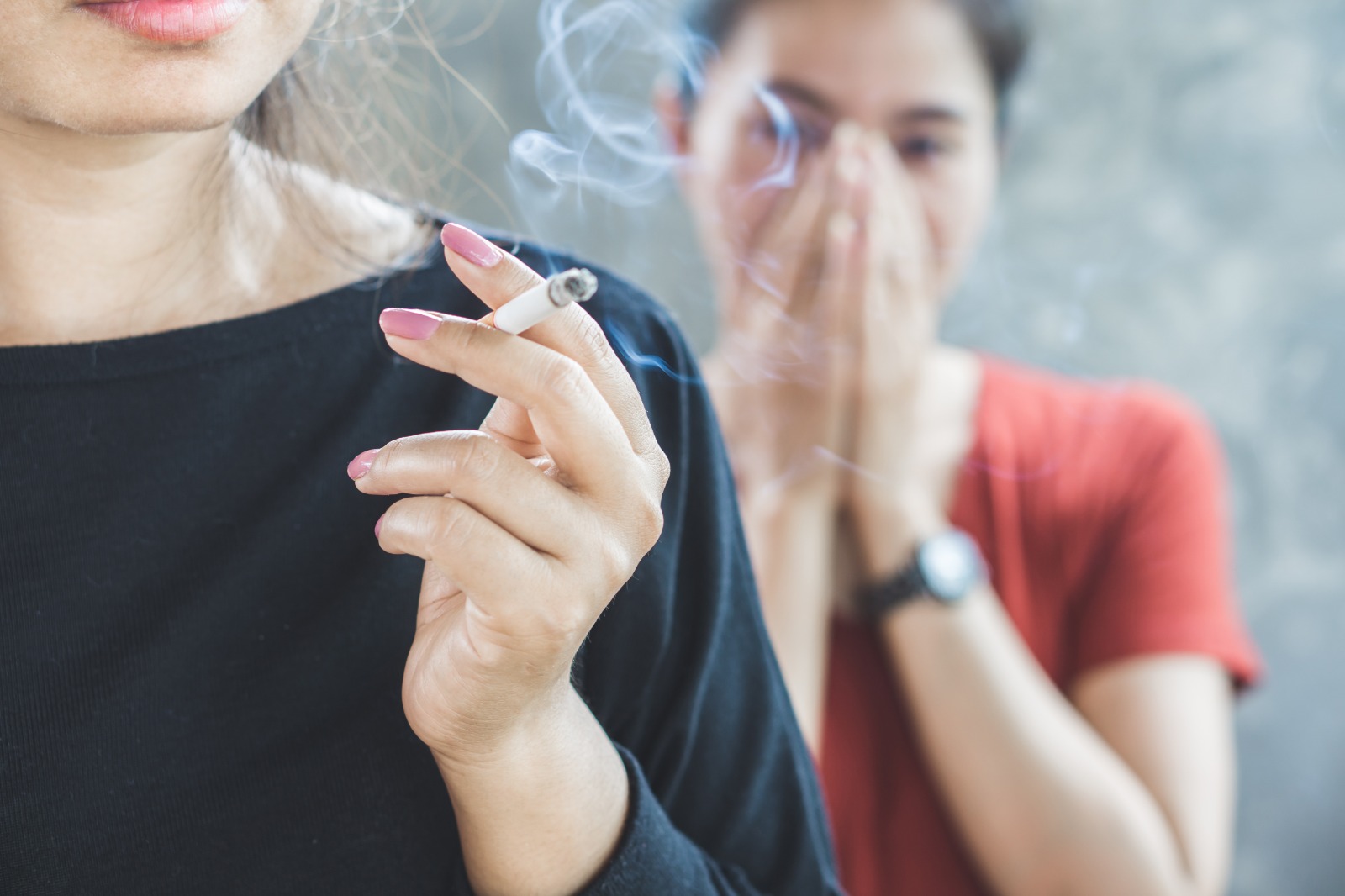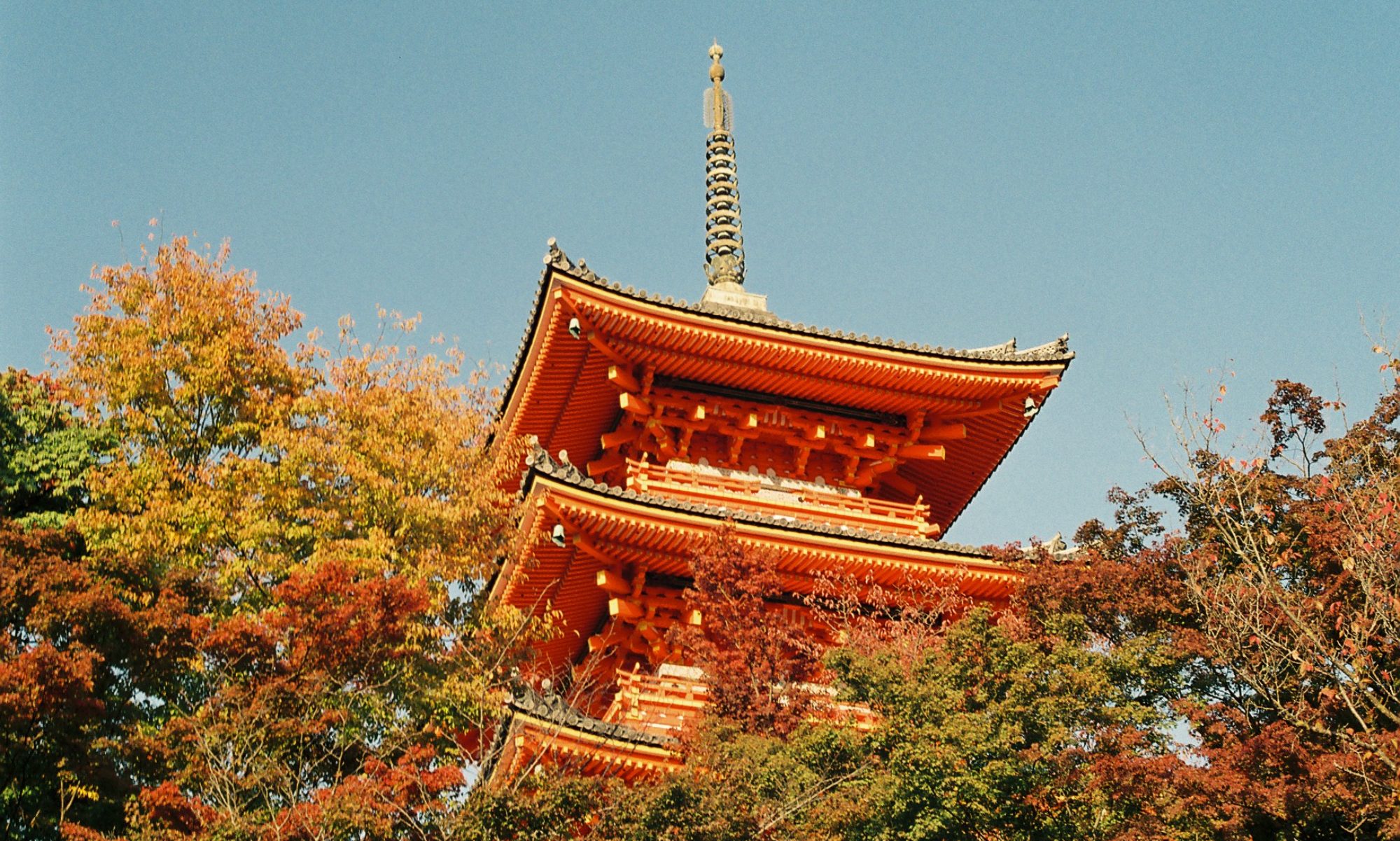 New research proves that second-hand smoke is linked to increased risk of premature death, heart disease, ill health in children, and the slow healing of wounds.
New research proves that second-hand smoke is linked to increased risk of premature death, heart disease, ill health in children, and the slow healing of wounds.
Scientists say non-smokers who live with a smoker have a 15 percent higher risk of early death than those living in smoke-free households.
Passive smoking also damages the chemical makeup of cells needed to heal wounds and accounts for abnormal scarring in second-hand smokers.
Children of parents who smoke face double the risk of certain diseases compared to children of non-smokers, even if the smoker only lights up outdoors. If indoors, the risk is 15 times higher.
Source: www.chinaview.cn
WHO Drops Final Country From SARS List
WHO Drops the World’s Last SARS Hotspot, Taiwan, From the List of Infected Areas Worldwide
 The World Health Organization scratched the last name off its worldwide list of SARS hotspots Saturday, declaring that Taiwan had contained the virus at last.
The World Health Organization scratched the last name off its worldwide list of SARS hotspots Saturday, declaring that Taiwan had contained the virus at last.
The announcement means that the SARS virus has finally been subdued after infecting at least 8,400 people and killing 812, mostly in Asia but also in Africa and Canada since it surfaced late last year.
“Today is a milestone,” WHO Director-General Dr. Gro Harlem Brundtland said at the group’s headquarters in Geneva.
She warned that severe acute respiratory syndrome could spread again if countries aren’t careful. There are still close to 200 cases in hospitals around the world.
“It is possible that SARS cases have slipped through the surveillance net, and we know that one single case can spark a new outbreak,” she added.
Territories affected by SARS had to report no new cases for 20 days to get off the list, and Taiwan’s countdown began on June 15. The government watched as China, Hong Kong, and Toronto crossed off in recent days.
Taiwanese Premier Yu Shui-Kun told reporters he was “extremely happy” with the news. “We can finally return to our normal lives,” he said.
The mysterious illness was believed to have originated in southern China, where the first known cases appeared last November. From China, experts believe it jumped to Hong Kong, Vietnam and Singapore.
Initially, Taiwan fended off the virus, and officials said they had whipped it even as the death toll rose in China, Hong Kong, and Singapore.
But in late April, the virus exploited weaknesses at Taiwanese hospitals, failing to diagnose and isolate infected patients properly. SARS quickly spread in Taipei’s capital, and the deaths began accumulating.
Taiwan eventually became the world’s No. 3 SARS hotspot, reporting 84 deaths and 682 infections. But it trailed far behind mainland China, which had 348 deaths, and Hong Kong, with 298 deaths.
Dr. David Heymann, WHO’s executive director of communicable diseases, backed up Brundtland’s warning. “A false sense of security could become our worst enemy,” he said.
Taiwanese have been making travel plans again and stripping off surgical masks they were required to wear on subways during the outbreak’s peak.
Mary Wei, a Taipei housewife, said she canceled plans to visit Seattle in May because her friends in America asked her not to come because of SARS fears. But now she’s planning to take her U.S. trip next week.
“I didn’t blame them. People were scared of us,” she said.
Source: ABCnews.com
